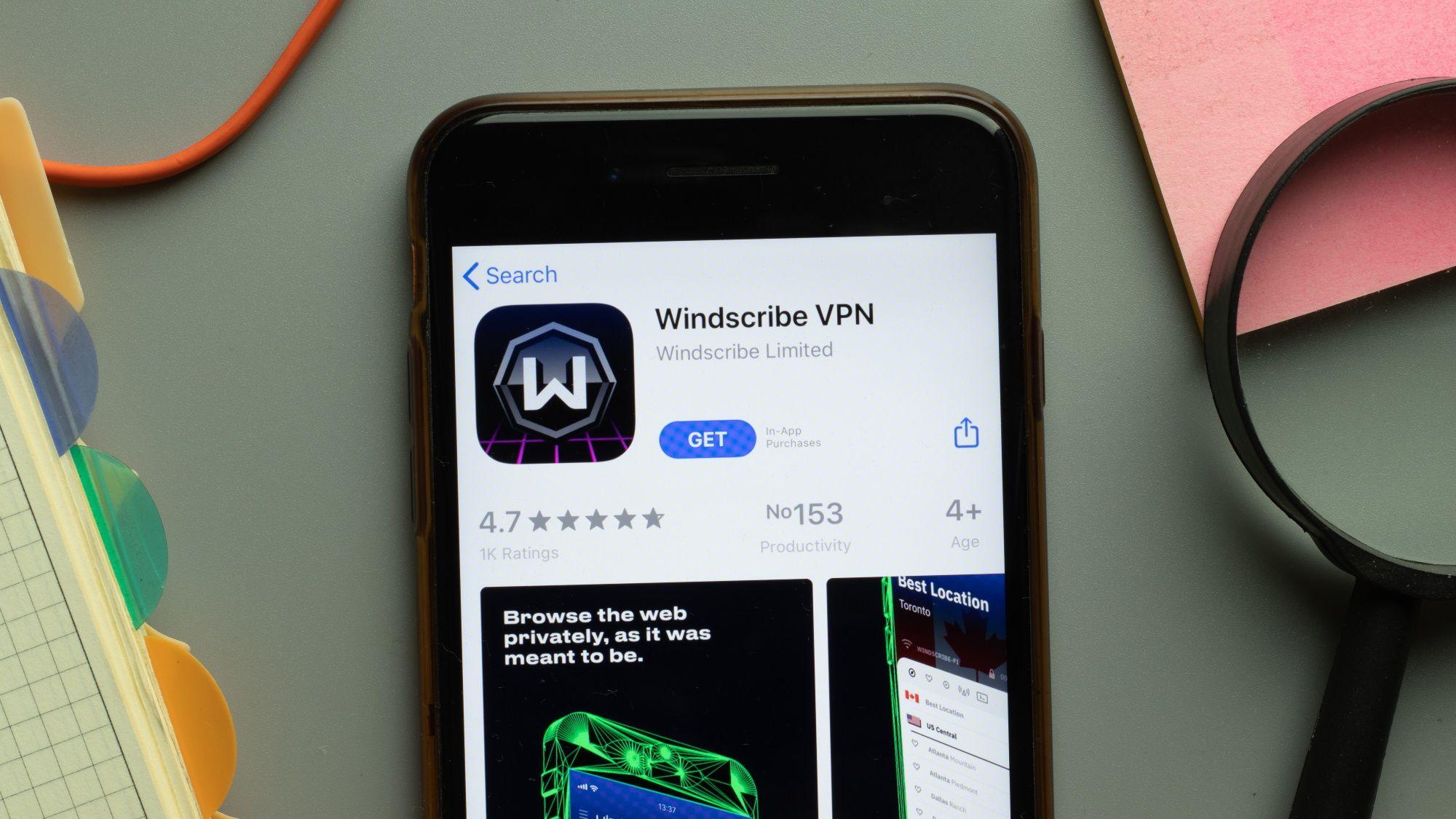- Windscribe just strengthened its VPN security with a new post-quantum update for the WireGuard protocol
- Upgrade helps protect your data from future quantum decryption threats
- Windscribe already offered Post-Quantum Encryption (PQE), but this update adds an extra layer of security and is now available to all users.
Windscribe has rolled out a major security update to its VPN, upgrading its WireGuard protocol with new post-quantum protections.
The update builds on Windscribe’s existing security framework and is designed to keep user data secure, not only today, but also in a future where quantum computers could crack current encryption methods. Windscribe already offered post-quantum protection at a more basic level, but now it enhances it with an additional layer of security.
You might not notice it in everyday life, but this type of durability could certainly help Windscribe compete with some of the best VPNs. Here’s how it works.
How does the new Windscribe update work?
Windscribe is a VPN that emphasizes security, and this latest update highlights that commitment by strengthening its defenses against quantum computers. This change affects connections established through the WireGuard VPN protocol.
In a blog post, Windscribe highlights the dangers that lie ahead as quantum computers could one day become commonplace. It all depends on the encryption and how easy or difficult it is for a malicious actor to decrypt the encrypted information.
While the computers we know and use today would need an immense amount of time to decrypt data, quantum computers can do it much faster, making standard encryption methods less reliable against such attacks.
The future is here! And we are ready for it. Quantum computing poses a threat to conventional encryption and your online security. But from today you don’t have to worry anymore. We now have post-quantum encryption for our VPN. More details on our blog: https://t.co/fMY84nPbwMOctober 8, 2025
Windscribe now strengthens the way your VPN connection exchanges encryption keys, which are essentially the foundation of protecting your data. The new system uses a “hybrid” approach that combines traditional encryption with post-quantum algorithms, ensuring that even if quantum computers became powerful enough to break current cryptography, intercepted data would remain unreadable.
Windscribe already offered post-quantum protections previously via the PresharedKey (PSK) setting in WireGuard. However, PSKs were previously exchanged using traditional encryption methods; now this process also uses a post-quantum encryption algorithm.
The key spins every time you log into the Windscribe app. The update is available for users on desktop, Android, and iOS. To enable it, simply log out and log in to your Windscribe VPN app, then log in using the WireGuard protocol.
Windscribe paves the way for future VPN security
We do not yet live in a post-quantum world, but that day will come, and VPNs must be ready. Windscribe was already ahead with post-quantum encryption on its WireGuard connections, and this new update puts it at the front of the line.
Yet it’s not the only VPN service that is aware of the threat quantum computers pose to common encryption methods.
After adding post-quantum protection on its proprietary Lightway protocol, ExpressVPN also recently began supporting WireGuard in an effort to support a broader transition to post-quantum VPNs across the industry. Meanwhile, NordVPN has expanded post-quantum encryption to all apps after a limited rollout only on Linux in 2024.
Other VPN services currently offering post-quantum encryption also include Mullvad, AdGuard and PureVPN, with Surfshark and NymVPN also expected to join the list soon.
Last year, the National Institute of Standards and Technology (NIST) released the first set of quantum-resistant encryption standards. Following this change, we can expect to see more and more VPN providers look to the future and prepare for it with PQE.




